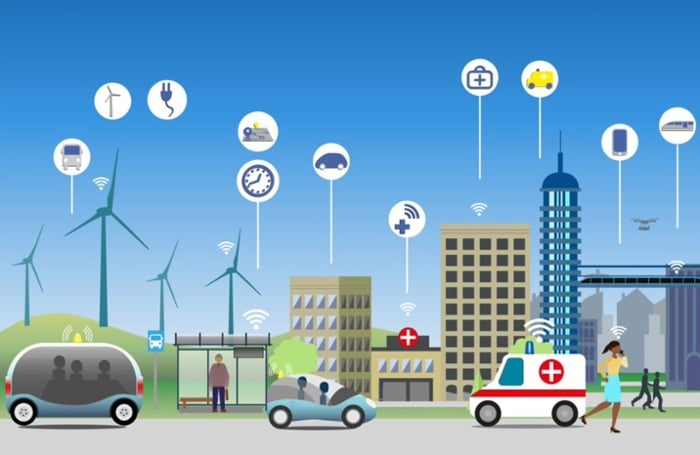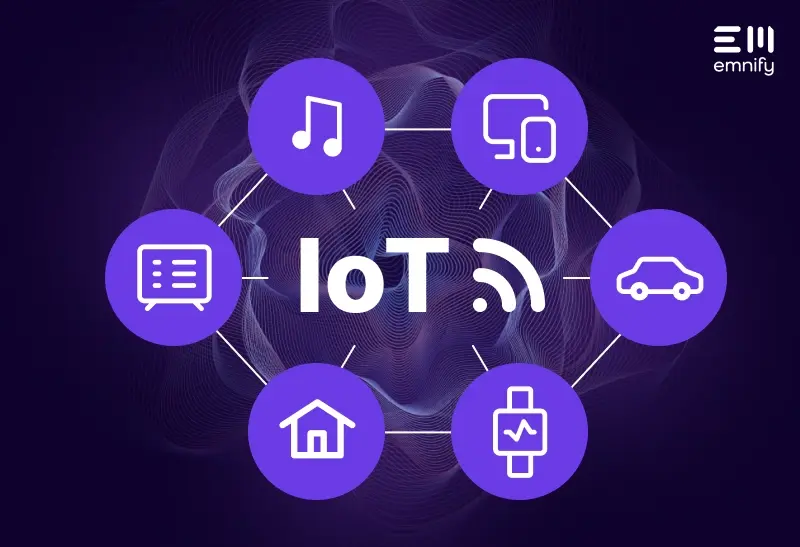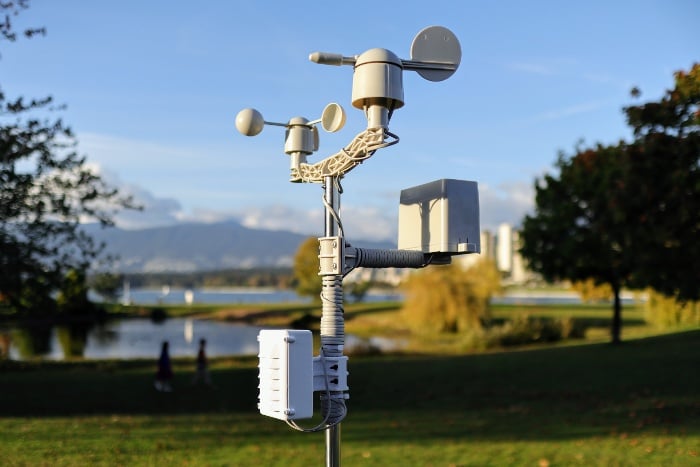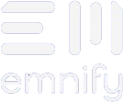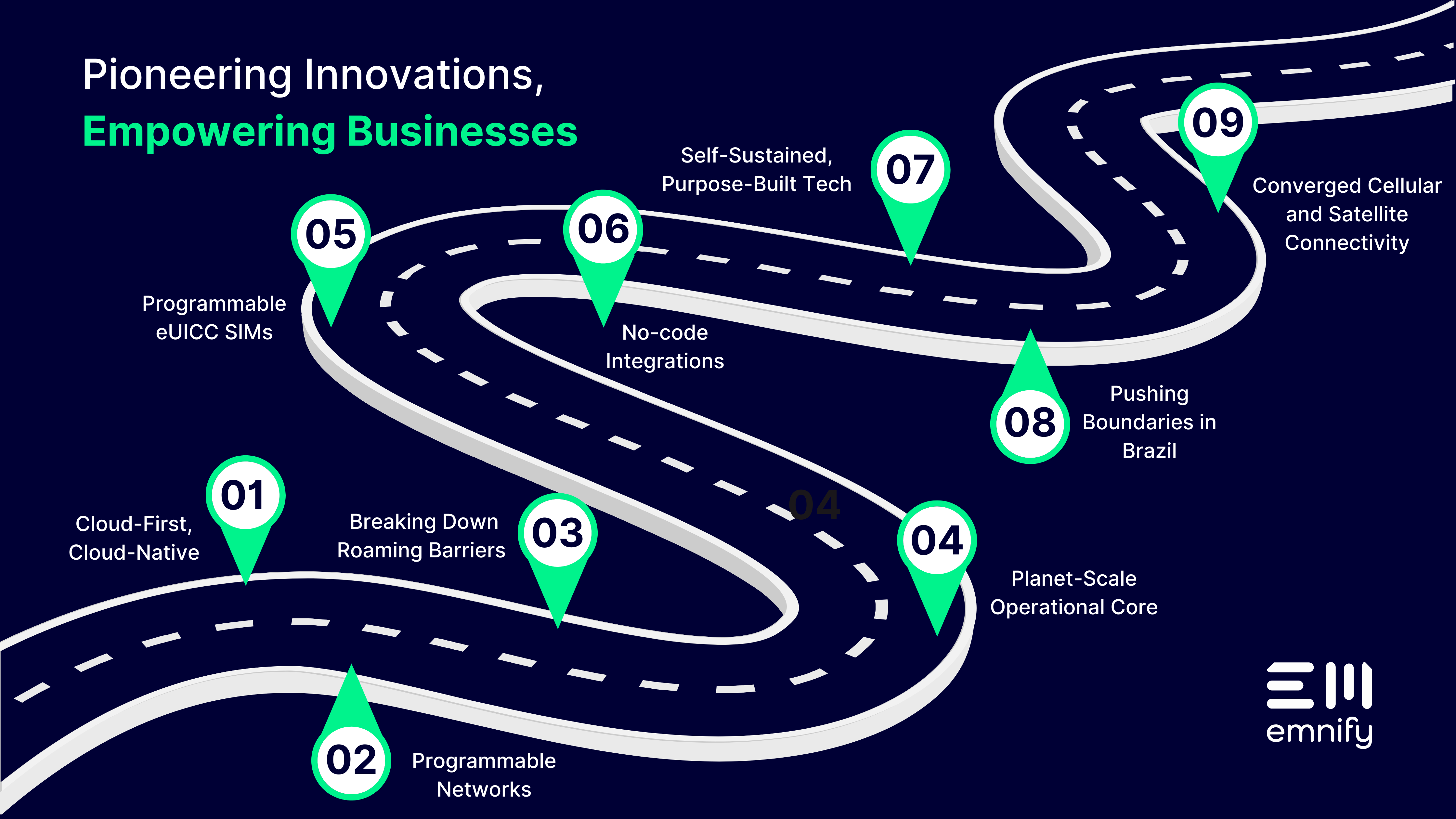

This article is part of the IoT SuperNetwork series.
In any tech landscape, those who innovate first tend to shape the trajectory for everyone else. Since 2014, emnify’s innovative spirit has consistently redefined the benchmarks in IoT.
But why does this matter? Because every “first” we achieve translates directly into enhanced capabilities and opportunities for our customers.
Our introduction of cloud-native connectivity and no-code integrations are testament to our commitment to deliver the best in cloud-native IoT connectivity for modern businesses. Our innovations are, at their core, about empowering our customers.
1. A cloud-first, cloud-native approach to connectivity
With many more “things” being connected as part of the IoT, one of the big challenges that enterprises are facing is ensuring ‘always on’ connectivity for their devices, regardless of their number or location. It’s simple—no connection means no data, and as this data becomes indispensable to daily operations, its delivery becomes critical.
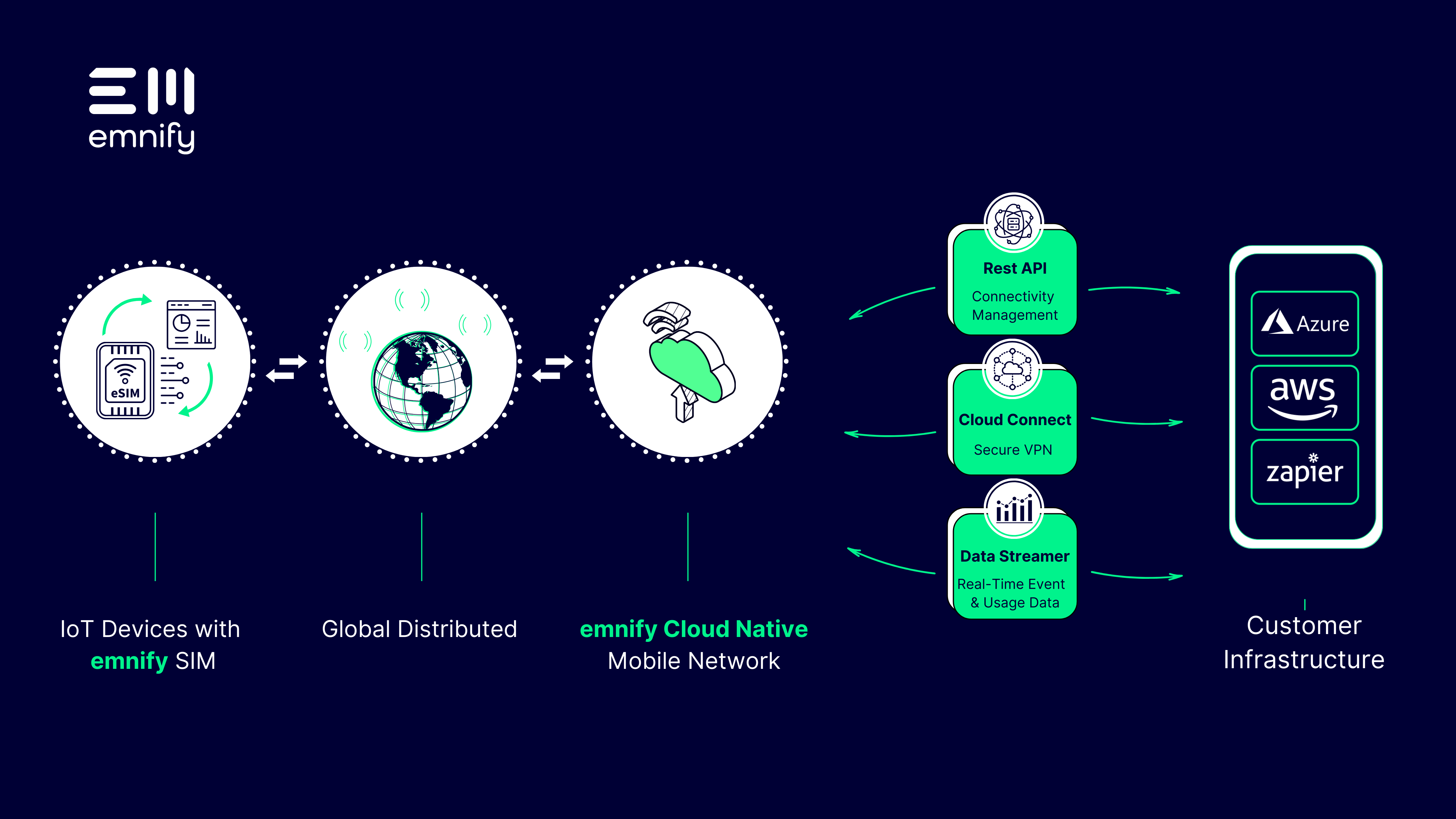
Traditional mobile networks, designed primarily for human-centric devices, often fall short in meeting the unique demands and sensitivities of IoT use cases. They weren’t built with thousands of constantly communicating machines in mind.
Recognizing this disconnect, emnify bridged the divide between enterprise cloud infrastructures—like Amazon, Azure, and Google—and modern, cloud-native IoT businesses.
emnify was the first to pioneer true cloud-native IoT connectivity in 2014, seamlessly integrating the mobile world with these hyper-scalers through our transit gateway. When AWS introduced Transit Gateways in 2018, we swiftly integrated with it by the end of that year, reinforcing our commitment to keeping our customers ahead of the game.
We made it possible for customers to manage mobile connectivity just as they would any other cloud resource, using familiar APIs and security protocols. This means no specialized training, no cumbersome hardware, and no protracted setup processes typical of traditional mobile operators.
With a single API call, customers can configure their IoT connectivity within minutes, not weeks, all without having to converse with multiple layers of corporate bureaucracy. Beyond technological advancement, this is about empowering businesses with agility—drastically reducing time-to-market.
Our cloud-native architecture transforms the mobile core network into a dynamic, programmable resource. For our customers, this translates to rapid innovation and substantial levels of automation and customization, all designed to deliver palpable, impactful value to their operations.
2. Empowering developers through programmable networks
At a time where traditional mobile networks operate like walled gardens, emnify has been the first to democratize network control and shift power into the hands of engineers and developers. Thanks to our cloud-native architecture, we have offered an API-driven Programmable Network since 2016, which enables the creation of a personalized private IoT network within emnify’s SuperNetwork.
However, the real magic lies beyond this customization—it’s in intelligent automation. Tailor your network configurations to specific use-cases, and the SuperNetwork dynamically adapts to meet your unique needs.
This unprecedented level of automation minimizes operational overhead, dramatically accelerates scalability, and essentially hands you the keys to a network that is both private and infinitely adaptable. In doing so, emnify continues to break down barriers, empowering you to focus less on operational logistics and more on innovation.
3. Breaking down roaming barriers
Roaming limitations have always been a major hurdle for global IoT deployments. Recognizing this, emnify made the move in 2014 to become the first non-MNO to introduce a comprehensive roaming portfolio that spans 180 countries and integrates over 500 networks.
This has not only solidified emnify’s role as a new type of player—one that is neither an MNO with a home network nor an MVNO without carrier relations—but also sets a new industry benchmark. The cornerstone of our approach is our “full roaming department”, ensuring uninterrupted global connectivity for IoT devices.
Our strength lies in the foundation of our partnerships. We actively negotiate mutually-beneficial commercial agreements with radio network operators. By taking the time to negotiate the intricacies, from regulatory frameworks to specific IoT technical requirements, we ensure that features like permanent roaming are explicitly supported.
Unlike many providers who might offer these services on a ‘best effort’ basis, we’ve secured their full-fledged support, covering advanced requirements such as NB-IoT and CAT-1. This proactive approach extends to addressing challenges. When issues arise, we have a direct line to swiftly address concerns with the radio network in real time.
For our customers, this means more than just expansive coverage—it signifies reliability, optimal technical support, and the assurance that we’re advocating for their best interests at every turn.
4. A planet-scale operational core for IoT
In IoT, every millisecond counts so latency and reliability can make or break business operations. Recognizing the limitations of traditional “home-routed” network models, emnify launched a globally distributed operational core on AWS in 2014. This move is supported by our patented, planet-scale packet processing technology with nodes in over 30 countries and growing.
How do our customers benefit from this? Instead of routing traffic across vast distances, we ensure that their IoT device traffic is processed at the closest local node. This means faster data transfers, reduced latency, and the assurance of optimal performance, irrespective of where the devices are stationed globally. And in the face of regional disruptions, our architecture facilitates instantaneous handovers between nodes, ensuring operations remain uninterrupted.
5. Programmable eUICC SIMs
emnify has long been ahead of the pack in SIM card technology innovation. We were the first company to make eUICC architecture the standard, a decision that marked a generational shift in IoT connectivity and gave users access to functionalities that were previously out of reach. Fast forward to 2023, and we’ve achieved another first: empowering our customers with the ability to program their SIM cards.
Businesses can now fully tailor their SIM profiles and configurations to fit their specific IoT use cases and power requirements. Far from being just a technological advancement, this positions emnify’s eUICC SIM as a genuinely future-proof solution, offering operational capabilities that go far beyond what’s conventionally available in the industry.
6. No-code integrations
In 2021, emnify was the first in the industry to introduce a no-code platform for IoT connectivity management, democratizing the space and significantly accelerating the pace of integration. This approach allows even non-technical team members, like product managers, to effortlessly design and execute complex business processes and automations.
Our SuperNetwork platform also enables integrations with over 3,000 other services, thanks to our partnership with platforms like Zapier. This not only slashes the development timeline but also eradicates the need for specialized teams and extensive coding.
It’s agility, speed, and simplicity rolled into one; a truly disruptive shift that empowers teams to achieve complex integrations all without writing a single line of code.
7. A self-sustained, purpose-built tech stack for IoT
Modern, cloud-native IoT businesses need innovations that keep them ahead of the curve. From the outset in 2014, emnify embraced a cloud-native mindset, making it a foundational pillar of our identity. emnify is not just another provider repurposing off-the-shelf technology. Martin, Alex, and I recognized early on that IoT businesses need more than retrofitted consumer-focused connectivity.
With this insight, we took the step to own and operate a fully integrated, purpose-built tech stack dedicated to IoT businesses. From network capabilities to Business Support Systems (BSS) and Operational Support Systems (OSS), everything is in-house and streamlined.
But why does this matter? Simply put, by owning our technology, we are not tied to the limitations of generic industry standards that tend to cater to human roaming needs. Instead, emnify has the agility to proactively innovate and can quickly adapt to evolving market requirements. A prime example is Vidéotron in Canada, who chose our full-stack solution because it eliminated the need to allocate internal resources to integrate various existing systems, thereby shortening project timelines significantly.
8. Pushing boundaries in Brazil
In 2023, emnify made a groundbreaking entry into the Brazilian market, a market that is the second-largest in the Americas and which presents unique regulatory and infrastructural challenges. Our competitors in this space have separate, local mobile core installations that run in parallel to their existing networks, which can result in varied and often degraded customer experiences.
emnify has taken a fundamentally different approach here. We have fully integrated Brazil into our globally distributed SuperNetwork, thus ensuring seamless interaction with the country’s mobile access networks. This full integration sets a new industry standard, offering our clients a consistent experience across our global network.
9. Cost-effective, converged cellular and satellite connectivity
In 2023, emnify took a pragmatic step to address the connectivity challenges faced by IoT deployments in remote and hard-to-reach areas by launching a converged satellite and cellular connectivity solution. By integrating both connectivity technologies into a single emnify SIM and modem, we’ve simplified the pathway to reliable global IoT connectivity.
However, it’s not just the technological innovation that’s noteworthy—it’s the practical implications. Traditionally, satellite connectivity was hampered by two significant barriers: a form factor that required separate integrations, and prohibitive costs that made it complex and impractical for many business cases.
emnify’s industry-first converged solution not only overcomes geographical limitations but significantly lowers the financial barriers traditionally associated with satellite connectivity. It opens up a host of possibilities for use cases that were previously deemed financially impractical.
Standard Average Revenue Per User (ARPU) in typical use cases, such as track and trace, metering, and sensoring, can now incorporate satellite connectivity without jeopardizing the business use case’s financial viability.
Concluding thoughts
In an industry defined by rapid change, standing still is not an option. Innovation isn’t just about leading—it’s about creating value for businesses wanting to scale and succeed. Each “first” we’ve achieved is a testament to our commitment to delivering the most advanced, seamless, and efficient solutions for modern business needs.
By partnering with emnify, our customers are not just accessing cutting-edge technology; they’re aligning with a vision that prioritizes growth and success. As we continue to drive the IoT sector forward, our focus remains the same: How can we further empower IoT businesses in this digital era?
In our next article, we will discuss the specifics of the SuperNetwork infrastructure and our globally distributed mobile core network. We’ll show you how a well-designed network architecture can underpin the success of IoT implementation.
Before that, think about this: At a time where every connection counts, having a network that is cloud-native and purpose-built for IoT can be the difference between “always on connectivity” and downtime.
Experience IoT Innovation Yourself
Our innovations are, at their core, about empowering our customers. Let's talk to find out how your business can leverage the power of the emnify IoT SuperNetwork.

Martin Giess
Martin Giess is co-founder of EMnify, where he oversees the technical execution of emnify’s product vision. He has 15 years’ experience as a technology expert in agile development of innovative telecom services. Before founding emnify, he held technical VP positions at Syniverse and MACH.
